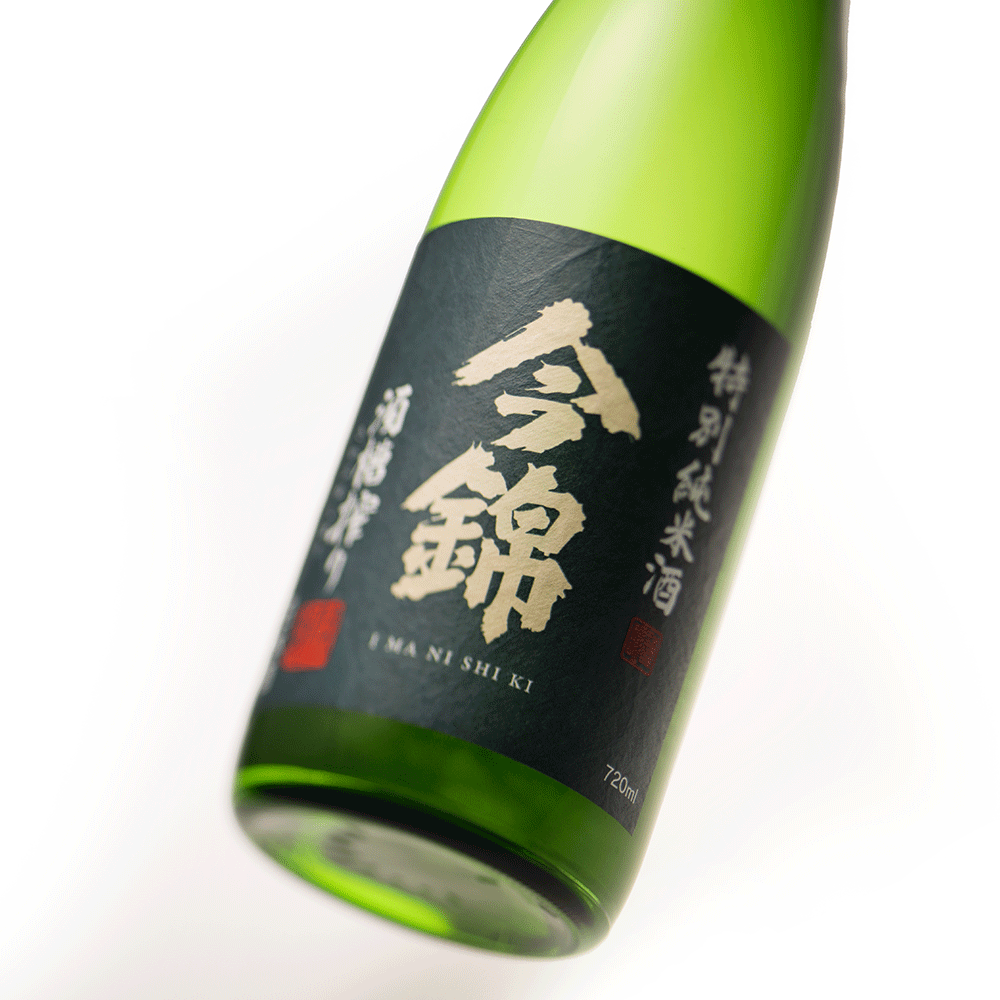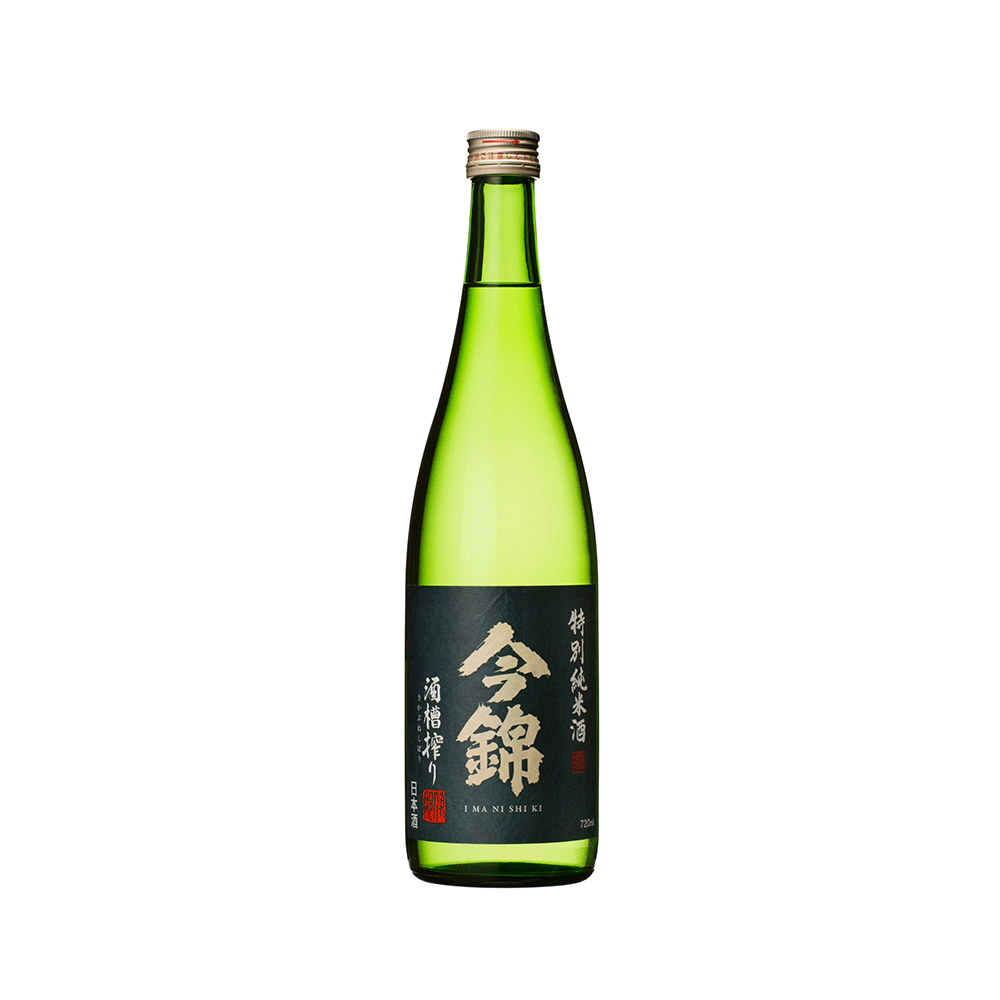-
 >
>
- Product list >
- Imanishiki Tokubetsu-junmai, undiluted (720ml)
Imanishiki Tokubetsu-junmai, undiluted (720ml)
詳しく見る
- *All prices shown are the product prices from the Japanpage:.
- *Product price can be shown in multiple currencies as reference values.
- *Payment should be made in Japanese yen.
- *After filling in delivery address, grand total (product price + shipping cost (packing + shipping + insurance) +tariffs & taxes) will be shown on the shipping cart page.
- *All prices shown are the product prices from the Japanpage:.
- *Product price can be shown in multiple currencies as reference values.
- *Payment should be made in Japanese yen.
- *After filling in delivery address, grand total (product price + shipping cost (packing + shipping + insurance) +tariffs & taxes) will be shown on the shipping cart page.
Awards
International Wine Challenge (IWC)2018 junmai Division Bronze
Brussels International Competition 2018 SAKE selection Silver
International Wine Challenge (IWC)2017 Junmai Division Silver
Made with only Nagano Prefecture rice ground down to 59% of its original size and brewed using the traditional "Sakafuneshibori" method. This classic Tokubetsu Junmai is called "Imanishiki Tokubetsu-junmai, undiluted". "Sakafuneshibori" refers to the tradition of layering sake-making bags in long, thin sake casks and gently applying pressure. The sake squeezed out through this long and intensive process has a pure taste of Japanese sake, free from any off flavors. When you take a sip, the ginjo aroma is striking. The flavor has just the right balance of savory and tart notes from the rice, with a crisp and refreshing taste. The supple mouthfeel has the distinctive softness of junmai. This sake has a great reputation worldwide and has earned awards such as the silver medal in the newly-established "SAKE selection" category of the 2018 "Brussels International Competition" contest, a respected authority on wine.
About "Imanishiki"
The name "Imanishiki" comes from an ancestor of the sake brewer, who was an amateur sumo wrestling Yokozuna (Grand Champion) and used it as his wrestling stage name. This sake is brewed using traditional "Sakafuneshibori" combined with the latest technology using local sake rice grown on land blessed with the natural environment and good quality spring water of the Southern Alps.
Recommended temperature
- Atsukan (50 - 55℃)
- Jokan (45 - 50℃)
- Nurukan (30 - 40℃)
- Room temperature (15 - 20℃)
- Hanabie (10℃)
- Yukibie (5℃)
Type


Tag
Appearance
-
Clarity
Transparency
Hazy
-
Colour
Colorless
Dark brown
-
Intensity
Water
Deep
Nose characteristics
-
Intensity
Low
Strong
Taste characteristics
-
Light / Body
Light
Body
-
Sweet / Dry
Sweet
Dry
-
Simple / Complexity
Simple
Complexity
-
Acidity
Low
High
-
Umami
Low
High
-
Finish
Low finish
Long finish
Aroma and flavor
Apple
Detailed information
| Volume | 720ml |
|---|---|
| Size (L W H) | 7.0 x 7.0 x 30.0 cm |
| Weight | 1.2kg |
| Ingredients | Rice, Rice koji, Water |
| Region | Nagano |
| Alcohol content | 17%vol. |
|
Sake Meter Value
|
+1 |
|
Acid level
|
+1.3 |
|
Polishing ratio
|
59% |









